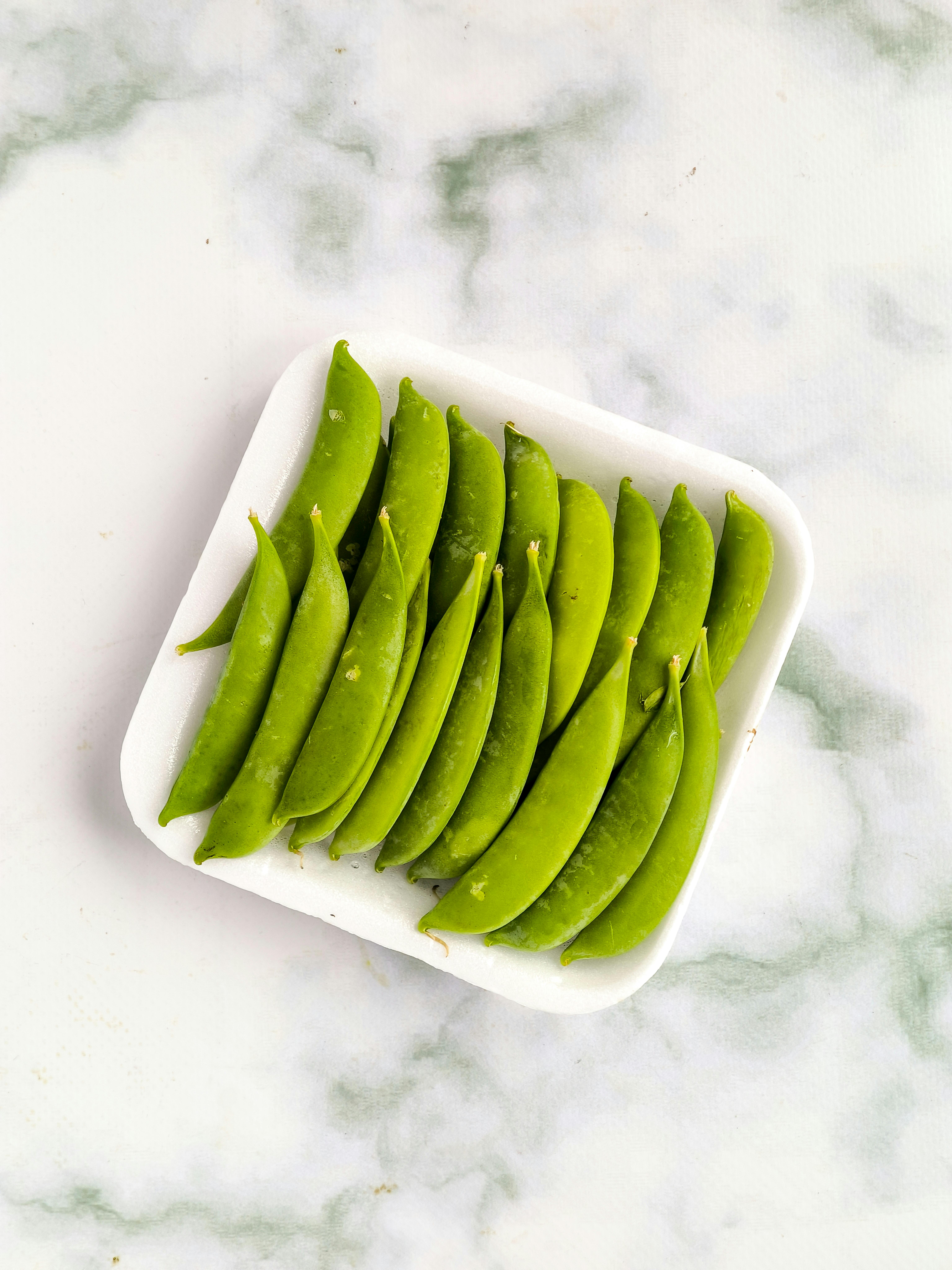Smart Ways to Improve Your Cystic Fibrosis Diet for Better Health in 2025

Effective Ways to Optimize Your Cystic Fibrosis Diet for Better Health in 2025
Managing cystic fibrosis (CF) goes beyond traditional medical treatments; a tailored cystic fibrosis diet is crucial for maintaining overall health and well-being. Proper cystic fibrosis nutrition can help with managing symptoms and improving quality of life. In this article, we'll explore effective strategies for crafting a CF-friendly meal plan and how proper nutrition can positively impact your health.

Understanding Cystic Fibrosis Nutrition
To optimize your health with cystic fibrosis, understanding your dietary needs is paramount. Nutrition plays a vital role in combating the symptoms of cystic fibrosis, including poor digestion and absorption challenges. Individuals with CF often need to focus on high-calorie foods that not only satisfy hunger but also support an enhanced metabolic rate. Since many CF patients face issues related to nutrient absorption due to impaired digestive enzyme function, incorporating nutrient-dense snacks and making allowances for specific food recommendations becomes essential.
The Role of High-Calorie Foods
Incorporating high-calorie foods into your diet can dramatically impact weight management and energy levels. Foods rich in healthy fats, such as avocados, nuts, and olive oil, are particularly beneficial. For instance, you could sprinkle chia seeds atop yogurt or add avocado to smoothies to increase their caloric value. These choices not only help maintain weight but also provide essential fatty acids for overall health.
Pancreatic Enzyme Replacement
Many individuals with cystic fibrosis rely on pancreatic enzyme replacement (PER) therapy to facilitate better digestion. It's crucial to take these enzymes with meals to enhance nutrient absorption efficiently. A registered dietitian can help determine the correct dosage of pancreatic enzymes, allowing you to enjoy your meals without fearing digestive discomfort. Understanding how to effectively pair enzymes with different food types can elevate your eating experience.
Vitamin Supplements and Hydration
An adequate intake of vitamins is necessary since individuals with cystic fibrosis often struggle to absorb fat-soluble vitamins such a vitamin supplements A, D, E, and K. A healthcare professional can guide you on the most appropriate supplementation regime to meet your nutritional requirements. Alongside proper supplementation, monitoring hydration strategies can alleviate complications associated with CF. Drinking plenty of fluids, especially in warmer weather, is essential to help thin mucus and keep the body hydrated.
Practical Meal Planning Tips
Success in managing a cystic fibrosis diet significantly applies to planning meals effectively. A structured approach to meal preparation helps ensure all nutritional needs are met and simplifies daily eating habits.
Meal Frequency and Portion Control
Strategically organizing meal frequency and portion control can greatly enhance nutrient uptake. Individuals with CF are encouraged to eat smaller, more frequent meals packed with high-calorie offerings rather than three large meals. This approach not only helps manage appetite but makes it easier for your body to absorb nutrients throughout the day.
Healthy Cooking Techniques
Employing various cooking techniques can keep meals exciting while ensuring they are still nutrient-rich. For instance, roasting vegetables can unlock their natural sweetness and enhance flavor, while steaming retains essential vitamins compared to boiling. Emphasizing different cooking methods can cater to preferences while accommodating nutritional needs.
Specific Food Recommendations
Including a wide variety of foods helps ensure comprehensive nutrition. Consider integrating gluten-free options and low-GI foods into your diet. This can help to manage blood sugar levels while offering needed nutrients. Opt for fruits and vegetables that provide essential antioxidants and fiber while helping to promote digestive health. Here’s a handy list of must-haves: sweet potatoes, quinoa, and berries.

Addressing Dietary Restrictions and Intolerances
Individuals managing cystic fibrosis should be mindful of any dietary restrictions, including potential food intolerances. Adapting the cystic fibrosis diet to accommodate issues like lactose intolerance ensures that eating remains a pleasurable and beneficial experience.
Lactose Intolerance Management
Lactose intolerance is common among those with cystic fibrosis. To effectively manage this, opt for lactose-free products. Potential sources include lactose-free milk and yogurt, helping mitigate digestive challenges while still incorporating dairy's goodness into your diet.
Managing Hunger and Appetite
FMaintaining appetite can be a significant hurdle. Implementing strategies such as small, appealing snacks, and nutritional therapy can stimulate appetite and ensure energy needs are met. Consulting with a nutritionist to establish a structured meal plan can also create this delicate balance.
Monitoring and Adjusting Dietary Needs
Regular dairy monitoring through consultations with healthcare providers is critical. Tracking symptoms using dietary assessments can clarify how specific foods affect overall health. Implementing individualized modifications can streamline the process, leading to more effective dietary management over time.
Key Takeaways
- Focus on a high-calorie, nutrient-dense diet with healthy fats and protein sources.
- Incorporate pancreatic enzyme replacement therapy and proper vitamin supplementation.
- Emphasize hydration strategies for overall health.
- Plan meals with frequency and portion control in mind to help manage appetite.
- Tailor dietary needs based on individual restrictions and enhance emotional well-being through familial support.
FAQ
1. How does a cystic fibrosis diet differ from a regular diet?
A cystic fibrosis diet typically requires higher calorie intake, focusing on high-calorie foods and nutrient absorption strategies, including pancreatic enzymes. Meeting unique nutritional demands helps manage symptoms and boosts overall health in CF patients.
2. What are some healthy snack options for those with CF?
Nutritional snacks like nut butter on whole grain crackers, smoothies enriched with protein, and energy bars crafted from whole ingredients can be excellent options for maintaining energy levels and ensuring nutrient absorption.
3. Why is hydration specifically important for individuals with cystic fibrosis?
Hydration is vital for maintaining mucus viscosity. Hydration strategies, such as drinking water and electrolyte-rich fluids, can ease mucus clearance, supporting overall respiratory health.
4. What role do vitamins play in a cystic fibrosis diet?
Individuals with cystic fibrosis may struggle to utilize fat-soluble vitamins (A, D, E, K) effectively. Supplementing these is crucial to avoid weaknesses that compromise health, making vitamin supplements an important aspect of their dietary regimen.
5. How can meal planning benefit patients with cystic fibrosis?
Meal planning can simplify meal preparation, ensure balanced nutrition, and help monitor nutritional needs regularly. Tailored meal plans can maximize efficiency and encourage adherence to dietary restrictions.